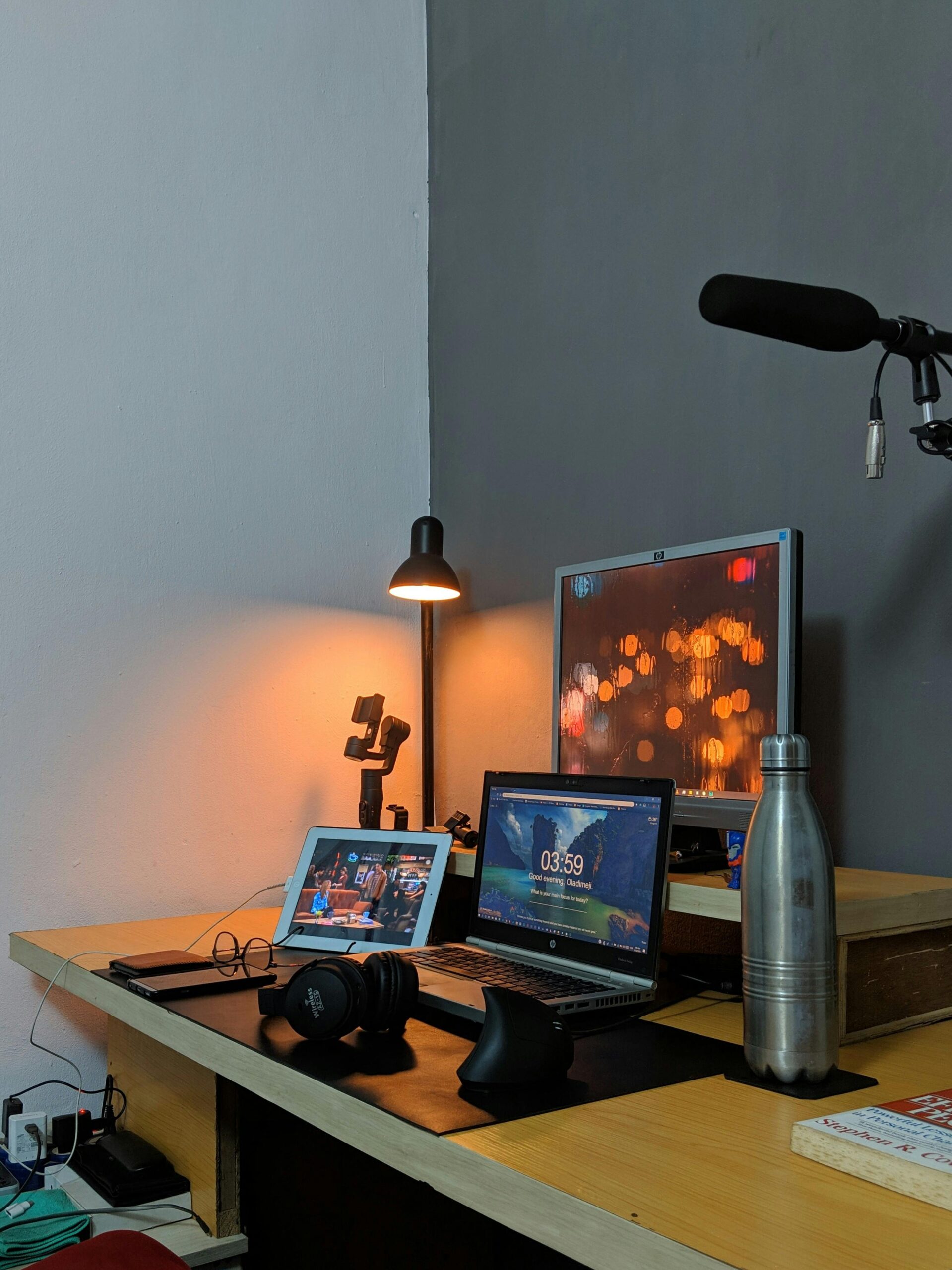 When it comes to managing our household expenses, one area that often gets overlooked is the cost of powering our devices. From kitchen appliances to entertainment systems, each device contributes to our monthly electricity bill. In this post, we will explore the cheapest and most expensive devices to power in your home, helping you make informed decisions to save energy and reduce costs.
When it comes to managing our household expenses, one area that often gets overlooked is the cost of powering our devices. From kitchen appliances to entertainment systems, each device contributes to our monthly electricity bill. In this post, we will explore the cheapest and most expensive devices to power in your home, helping you make informed decisions to save energy and reduce costs.
-
- Cheapest Devices to Power: a. LED Light Bulbs: LED bulbs are highly energy-efficient and consume significantly less electricity compared to traditional incandescent bulbs. They can last up to 25 times longer, making them a cost-effective choice for lighting your home. b. Laptops and Tablets: Compared to desktop computers, laptops and tablets consume less power. Additionally, they often have power-saving features that help optimize energy usage.

- Moderately Priced Devices: a. Refrigerators: While refrigerators are essential appliances, they do consume a significant amount of energy. However, modern energy-efficient models with high Energy Star ratings can help reduce electricity consumption. b. Washing Machines: Energy-efficient washing machines with advanced features like load sensing and shorter wash cycles can help save both water and electricity.
- Expensive Devices to Power: a. Air Conditioners: Cooling your home during hot summer months can be costly. Air conditioners consume a substantial amount of electricity, especially if they are older models or not properly maintained. Regular maintenance and using energy-efficient models can help reduce energy consumption. b. Electric Heaters: Electric heaters are known for their high energy consumption. They are often used during colder months and can significantly impact your electricity bill. Consider using alternative heating methods or energy-efficient models to minimize costs.
- Entertainment Systems: a. Televisions: Large-screen televisions, especially those with high resolutions and advanced features, consume more power. Opting for energy-efficient models and adjusting brightness settings can help reduce energy usage. b. Gaming Consoles: Gaming consoles, such as PlayStation and Xbox, can consume a considerable amount of electricity, especially during extended gaming sessions. Turning off the console when not in use and enabling power-saving features can help save energy.
- Cheapest Devices to Power: a. LED Light Bulbs: LED bulbs are highly energy-efficient and consume significantly less electricity compared to traditional incandescent bulbs. They can last up to 25 times longer, making them a cost-effective choice for lighting your home. b. Laptops and Tablets: Compared to desktop computers, laptops and tablets consume less power. Additionally, they often have power-saving features that help optimize energy usage.
Being aware of the energy consumption of various devices in your home can help you make informed decisions to reduce your electricity bill. By opting for energy-efficient models, adjusting settings, and practicing energy-saving habits, you can minimize the impact on your wallet and the environment. Remember, small changes can add up to significant savings over time. So, let’s power our homes wisely and enjoy the benefits of a more cost-effective and sustainable lifestyle.






